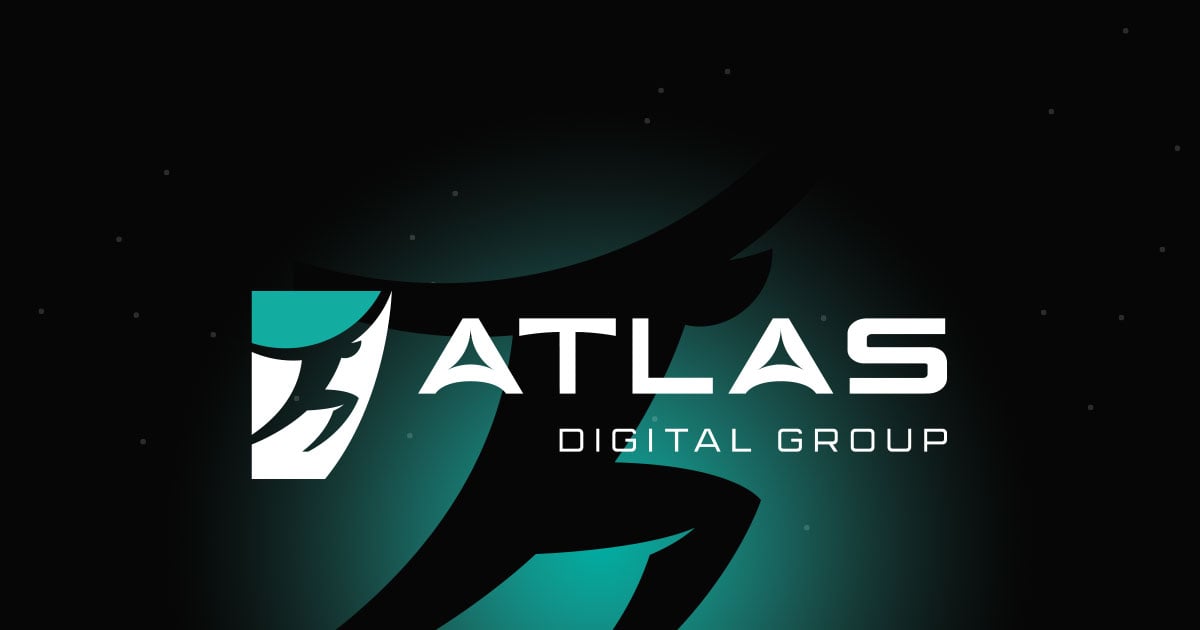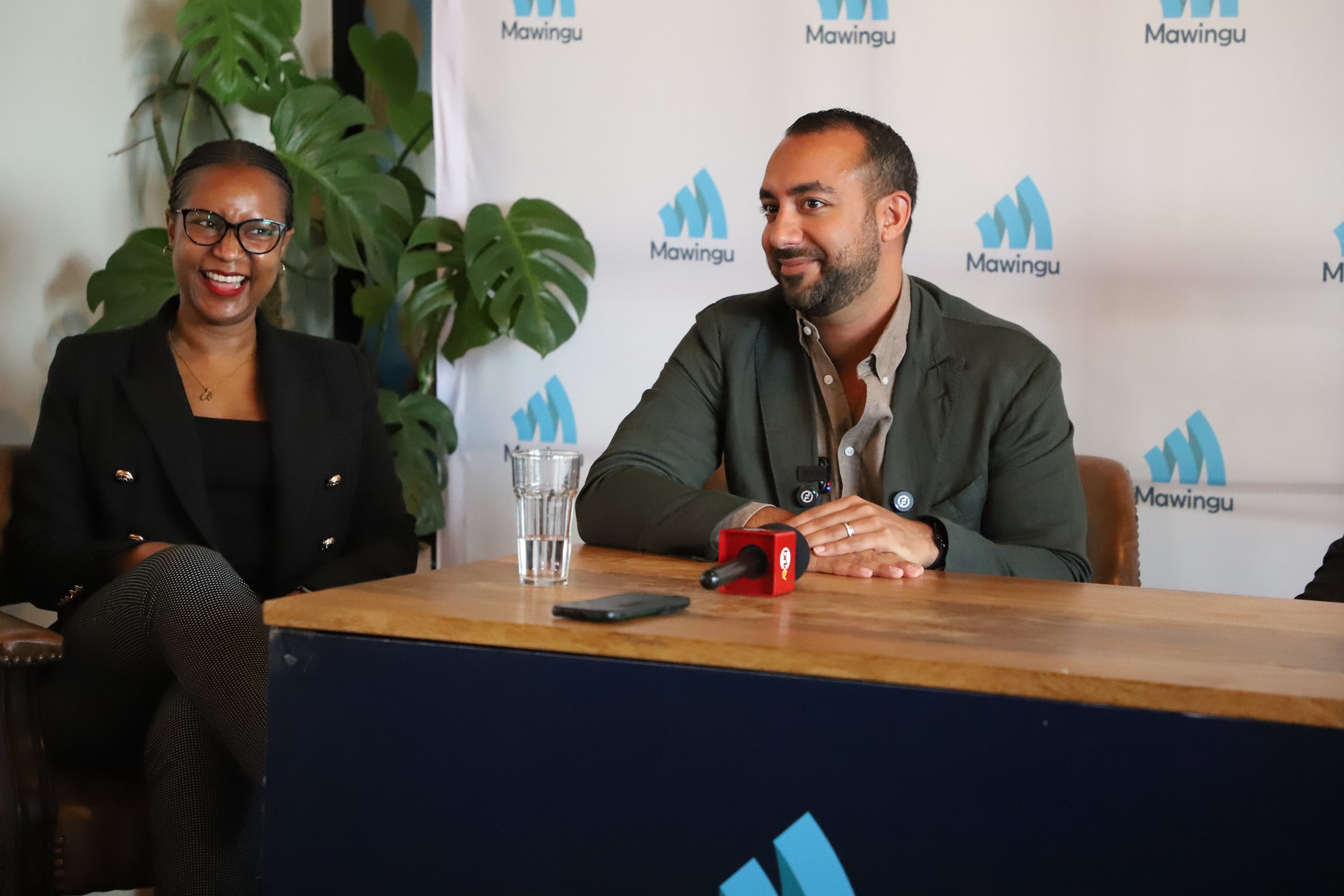Access Bank Plc’s ambitious plan to acquire the National Bank of Kenya (NBK) from KCB Bank Group has hit a significant roadblock.
The Central Bank of Nigeria (CBN) has imposed an unusual condition,requiring Access Bank to divest its operations in the Democratic Republic of Congo (DRC) before proceeding with the Kenyan acquisition.
This regulatory hurdle has caused delays in a deal valued at approximately Sh16.2 billion ($100 million), pegged at 1.25 times NBK’s book value.
Despite obtaining most approvals, the transaction remains incomplete as Access Bank faces scrutiny over its operations in both the DRC and London.
The delay highlights the challenges faced by Nigerian financial institutions seeking to expand their footprint in East Africa.
Regulatory Conditions and Delays
The main source of contention is the Central Bank of Nigeria, which has demanded that Access Bank sell its operations in the Democratic Republic of the Congo before completing the acquisition of Kenya.
Additionally, the CBN has initiated a review of Access Bank’s London operations, further complicating the process.
While Kenya’s Competition Authority (CAK) approved the transaction in October 2024, their consent came with conditions.
READ ALSO:
Access Bank Completes Key Acquisitions in Angola and Sierra Leone
Access Bank must retain at least 80% of NBK’s 1,384 employees for a year and keep all 316 staff members from Access Bank Kenya. These measures aim to protect local employment and ensure continuity during the merger.
KCB Group CEO Paul Russo has confirmed that the deal remains active despite the setbacks. However, he expressed frustration over the prolonged regulatory process and revealed that KCB is preparing contingency plans in case the acquisition falls through.
Contrasting Fortunes in the DRC Market
One key factor driving Nigeria’s regulatory caution is the contrasting performance of Nigerian and Kenyan banks in the DRC market. While Kenyan institutions thrive, Nigerian banks face considerable challenges.
Equity Bank’s DRC subsidiary reported a profit of Sh12.1 billion in 2023, while KCB’s Trust Merchant Bank earned Sh16.8 billion during the same period.
In contrast, Nigerian banks operating in the DRC are struggling with economic issues such as inflation, currency depreciation, and liquidity constraints.
These struggles raise concerns for Nigerian regulators about overextending into unstable markets.
Access Bank, Nigeria’s largest lender by assets, operates in 23 countries and recently raised $228 million to fuel its expansion efforts.
Yet, the CBN’s intervention suggests concerns about the bank’s ability to manage simultaneous growth across multiple jurisdictions.
Financial Implications for KCB Group
The pending sale has already left a mark on KCB Group’s financials. In its 2024 results, KCB reported a KES 2.0 trillion ($15.4 billion) balance sheet,the largest in the region. However, total assets fell by 10%, largely due to the strengthening of the Kenyan shilling against regional currencies.
Deposits and loans also declined, partly due to the reclassification of NBK’s balances to other assets and liabilities. Despite these challenges, KCB achieved 10.5% loan growth. However, excluding NBK’s contribution, deposits fell by 0.1%.
The deal’s valuation remains undisclosed, but estimates suggest a price of approximately $100 million based on NBK’s $79.77 million book value as of 2023. If completed, the sale would provide KCB with additional liquidity and allow it to streamline operations.
Strategic Growth and Market Impact
For Access Bank, acquiring NBK represents a significant opportunity to expand its presence in Kenya. Access Bank currently operates 23 branches across 12 counties, while NBK has a more extensive network of 77 branches in 28 counties. The merger would improve Access Bank’s geographic reach and customer base.
Despite these advantages, the combined entity would hold just 1.9% of Kenya’s banking market. This modest market share minimizes concerns about reduced competition, especially considering the dominance of major players like Equity Bank, Co-operative Bank, and Standard Chartered.
Access Bank is currently ranked 37th out of 39 licensed banks in Kenya as a tier 3 lender. By absorbing NBK, a tier 2 institution, Access Bank would significantly enhance its competitive position and long-term growth potential in East Africa.
READ ALSO:
Kenyan Banking Landscape to Change with Access Bank Acquisition
Conclusion: Uncertainty Looms
The future of Access Bank’s acquisition of NBK hangs in the balance as regulatory hurdles in Nigeria delay progress.
While Access Bank remains committed to the transaction and has sought final approval from the Central Bank of Kenya, the CBN’s insistence on divesting from the DRC adds a layer of complexity.
For KCB Group, the prolonged process is a source of frustration but also an opportunity to reassess its strategic plans.
Whether the deal ultimately succeeds or falls apart, it highlights the complex regulatory and operational challenges that come with cross-border banking transactions in Africa.
As Access Bank navigates these obstacles, the outcome of this acquisition could reshape the competitive landscape of Kenya’s banking sector and set a precedent for future regional expansions.







Leave a Reply